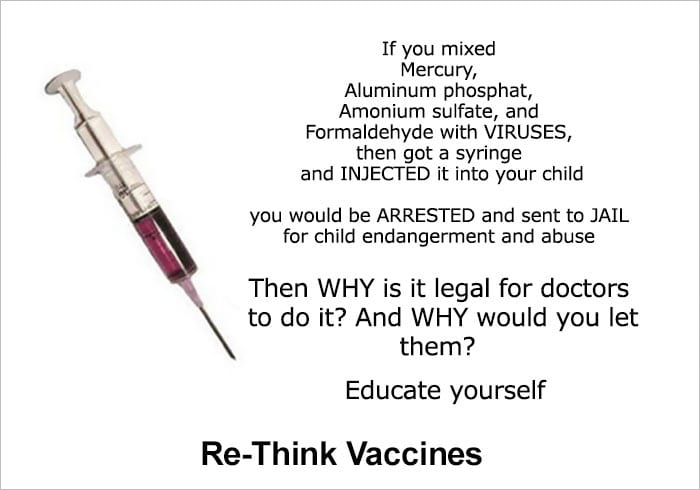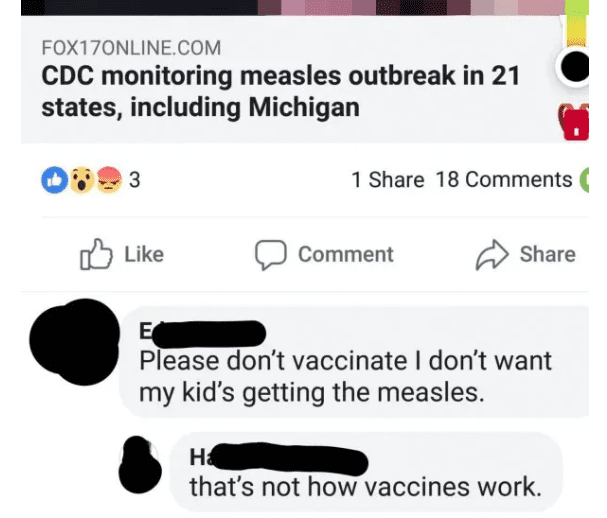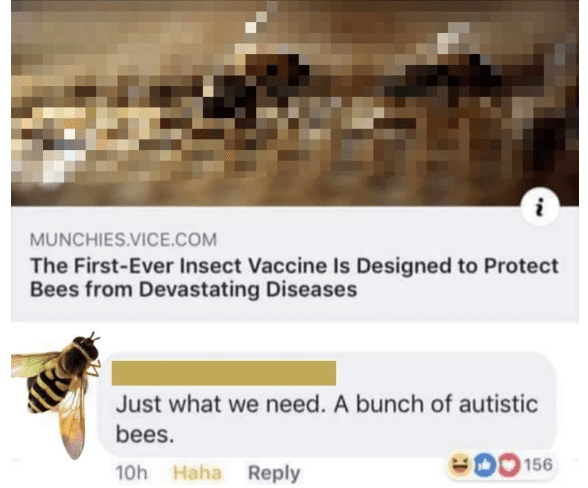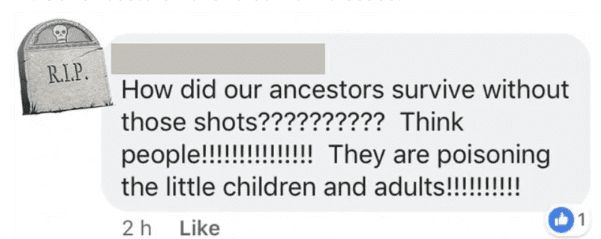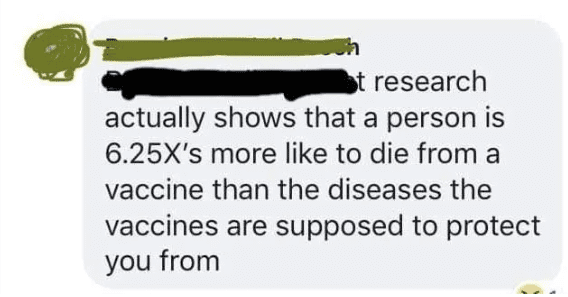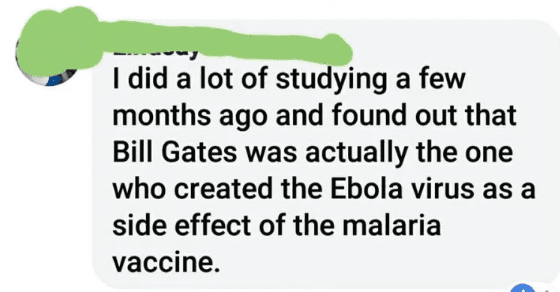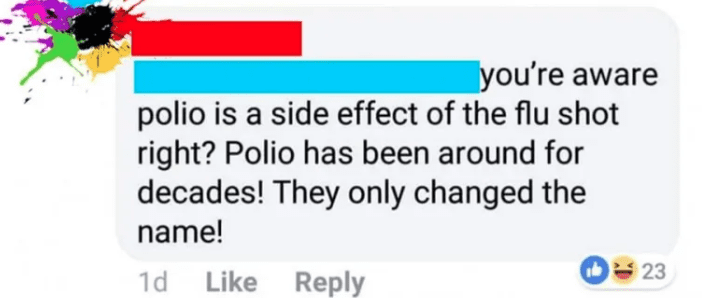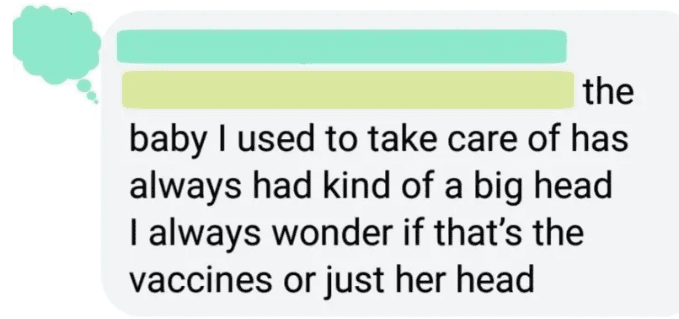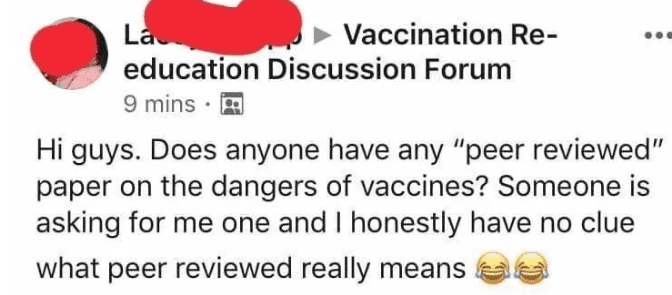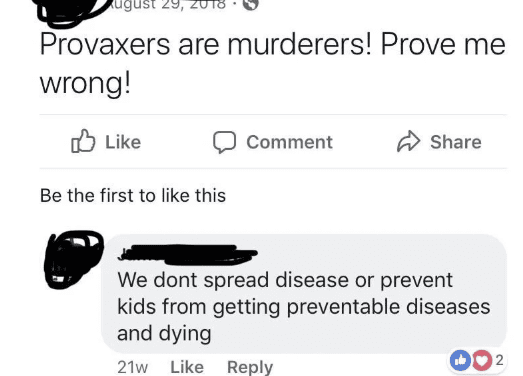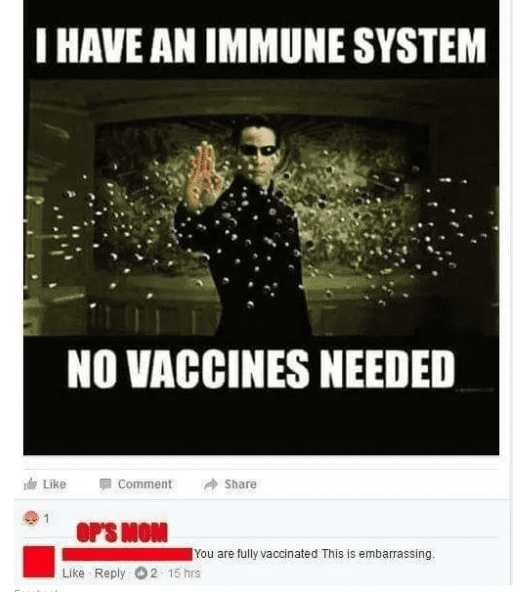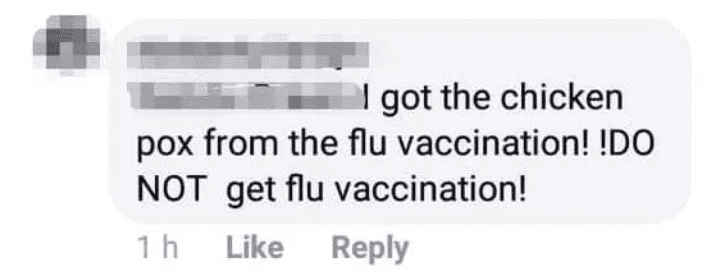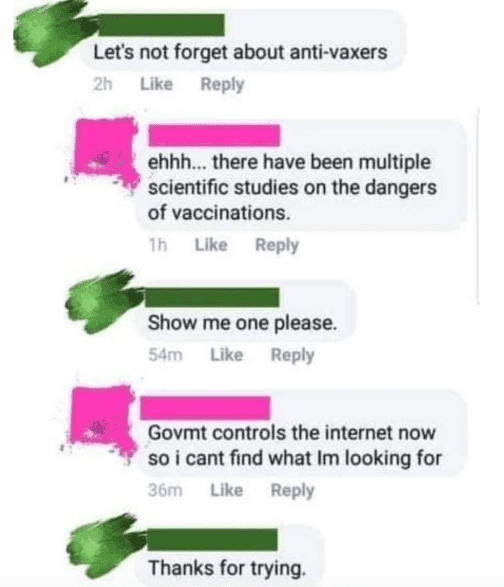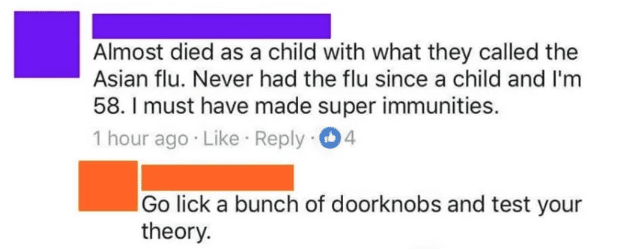Anti-vaxxers have a pretty bad reputation in the media. At this point, when you see the word “anti-vaxxer” in a headline, you can pretty much guarantee that you’re about to read an off-the-wall story. That’s why anti-vaxxers are sick of being called that name. They’d like to go by a new name now…
But Twitter is not having it.
The anti-vaxxer website Crazy Mothers posted a demand for media outlets to “please retire the use of the term ‘Anti-vaxxer.’” They say that the term is “derogatory, inflammatory, and marginalizes both women and their experiences.”
“It is dismissively simplistic, highly offensive and largely false,” the statement read on Instagram.
Their new name of choice? “Vaccine risk aware.”
Dear Media,
Please retire the use of the term “Anti-vaxxer.” It is derogatory, inflammatory, and marginalizes both women and their experiences. It is dismissivemy simplistic, highly offensive and largely false. We politely request that you refer to us as the Vaccine Risk Aware. pic.twitter.com/WtAyFOhLuv— Crazymothers (@Crazymothers1) December 1, 2019
Interesting! The post went viral, and not in a good way. People all over Twitter are mocking the statement and the new name.
Many have chimed in with their own new names for anti-vaxxers, which are decidedly less polite.
“If you don’t want Anti-vax, the only thing left is Self-Indulgent And Irresponsible Crazyperson,” one immunologist wrote on Twitter.
“Would Pro-Diptheria be better?” another person quipped.
Other suggestions included Pro-Epidemic, Pro-Death-From-Preventable-Illness, Plague Enthusiasts, Child-Death Enthusiasts, Pro-Disease, and Clown.
Hate-Driven Anti-Science Regressives takes longer to say, but ok
— Sam Sykes (@SamSykesSwears) December 3, 2019
And that’s just the beginning! The new nicknames were endless.
We will continue to refer to you as the Mass Graves Full Of Dead Children Enthusiasts, but thank you for your suggestion.
— Alexandra Erin The Meadow We Can Build A Snowman (@AlexandraErin) December 3, 2019
It should be retired and replaced with the terms “pro-disease,” “pro-epidemic,” and “pro-preventable death.” For now it remains anti-vaxxer. Don’t be like @Crazymothers1. Vaccinate your kids.
— Andrew Wortman (@AmoneyResists) December 3, 2019
We’re guessing this is the exact opposite outcome that the anti-vaxxers were aiming for. Whoops!
The post Anti-Vaxxers Tried to Come up with a New Name for Themselves and It Didn’t Go Well… appeared first on UberFacts.




 Should I do more? . . Still on the lookout for dear Gus who’s now missing for way too long…
Should I do more? . . Still on the lookout for dear Gus who’s now missing for way too long… 
